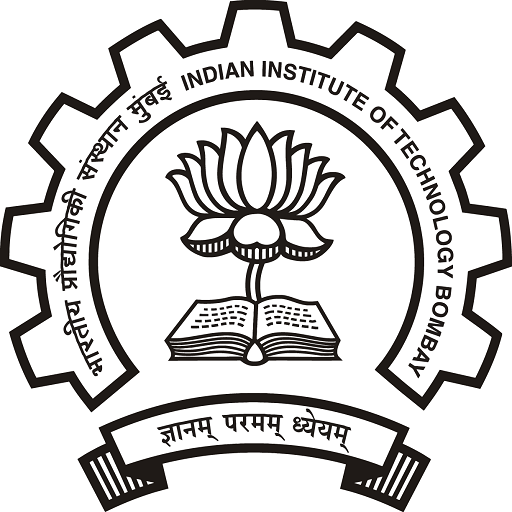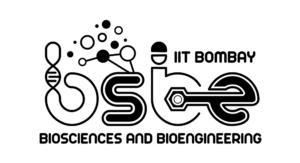MTech Program
Over the first two semesters, M. Tech. students are required to do a substantial amount of course work to complement their undergraduate or masters level education. The third semester is devoted mostly to the M. Tech. project although some courses may be taken during that period. The fourth semester is fully devoted to completion of the project. The curriculum has been designed to provide all students with a general background in Biomedical Engineering followed by more specific knowledge in the area of their choice. The former is achieved through core (for everyone) and compulsory/soft core (for students with a particular background) courses in the first semester. Electives taken during the second and third semester can provide specialized knowledge in the areas of individual interest.
In the first semester, students with backgrounds in life sciences and medicine are required to take a compulsory course in mathematics. Students with backgrounds in physical sciences and engineering take courses in physiology. There are other core and elective courses to be taken as well.
In the second semester, all students have to go through a core course on Biostatistics. Further, everyone is required to take a credit seminar course and present a seminar on a topic related to Biomedical Engineering under the guidance of a faculty. The rest of the courses are electives, which the students choose and may consult with the faculty adviser.
Electives are offered in bioelectricity, medical sensors, signals and systems, medical imaging physics, biomaterials, drug delivery, nanobiotechnology, cellular & tissue engineering, microfluidics, computational modeling, biomechanics, biomedical optics, movement neuroscience, neural engineering, surgical reconstruction, etc. All students are also required to take a course designated as an Institute Elective offered by an academic unit other than Biosciences and Bioengineering. In special cases, courses other than the Institute Elective may be taken after obtaining necessary permission from the Department Post Graduate Committee (DPGC).
ELIGIBILITY FOR ADMISSION
as given in Table A.3 (page no. 16) of Information Brochure - Eligibility for Admission to Different Disciplines.
Admission will be based on a written test followed by inperson interview of shortlisted candidates.
Written test will have the following six sections and a candidate has to mandatorily attempt at least two (2) of these six (6) sections:
- Biology
- Physiology
- Chemistry
- Physics
- Mathematics
- Engineering
Syllabus for each section will be at a level comparable to that for GATE 2023 examination or equivalent test/exam. There will be no negative marking.
Candidates who get shortlisted for the interview will be assessed for their interest in complementary subjects ( i.e. interest of applicants with bio/physiology/health sciences, etc. background in mathematics and interest of applicants with engineering /physics/chemistry/math, etc. background in biology/physiology) through basic questions during the interview.
AREAS OF RESEARCH
Currently curiosity-driven and translational research are conducted in a range of interdisciplinary domains and students may choose to do projects in any of these domains. The details about the different research areas and labs can be found on the department website, given below: https://www.bio.iitb.ac.in/research/research-areas/
Information Brochure can be found here: MTECH BROUCHURE 2024-25
Course of Study Bulletin – MTech (BME) – 2024-25
FACULTY ADVISOR:
2023-25 batch: Profs. H.Varma / N. Kanekar
2024-26 batch: Profs. Nivethida T. / D. Agrawal

